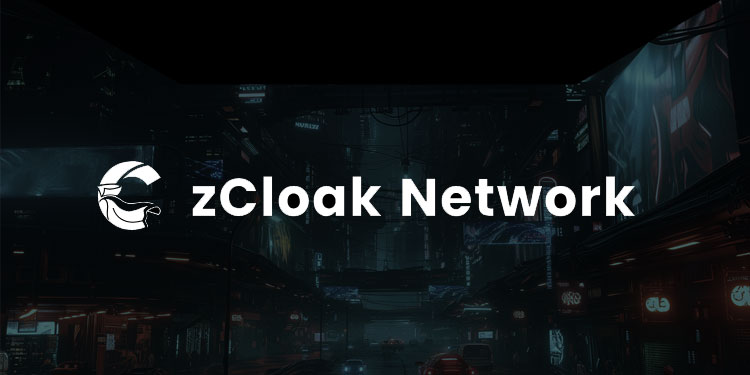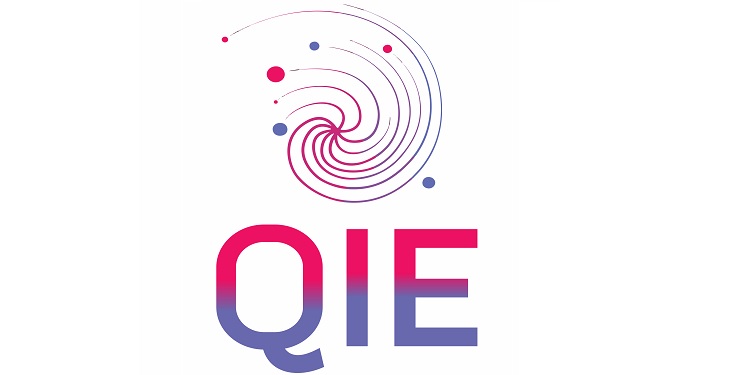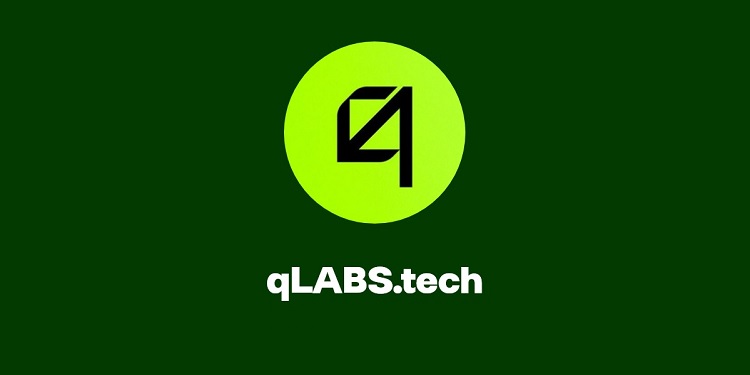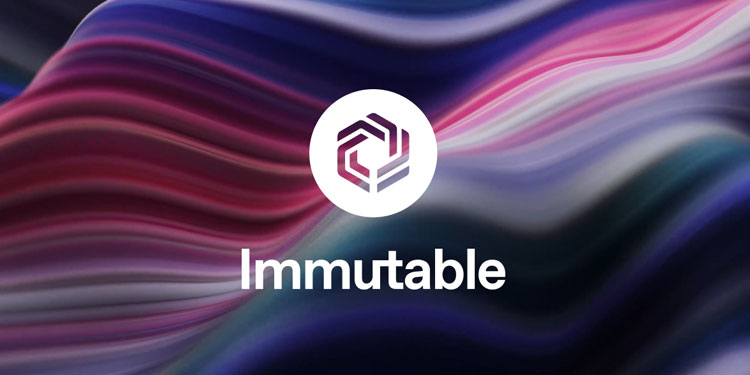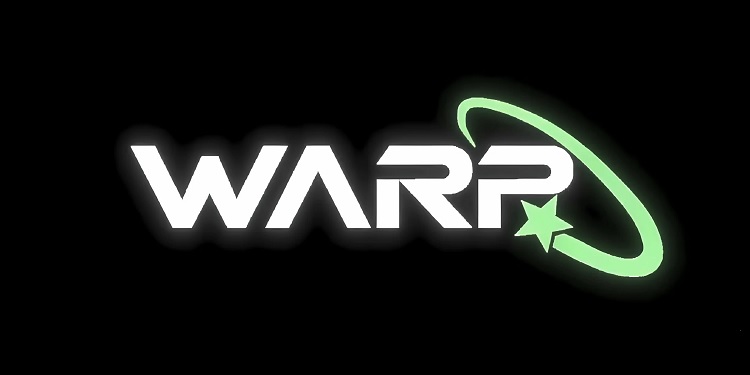 Ripple, a prominent player in the blockchain industry, recently achieved a notable legal victory as the U.S. Securities and Exchange Commission (SEC) dropped all charges against its executives. This development reaffirms XRP’s standing as a digital asset and sets the stage for an exciting future. Ripple CEO Brad Garlinghouse discussed the company’s evolving strategy, emphasizing a shift towards becoming an enterprise infrastructure firm.
Ripple, a prominent player in the blockchain industry, recently achieved a notable legal victory as the U.S. Securities and Exchange Commission (SEC) dropped all charges against its executives. This development reaffirms XRP’s standing as a digital asset and sets the stage for an exciting future. Ripple CEO Brad Garlinghouse discussed the company’s evolving strategy, emphasizing a shift towards becoming an enterprise infrastructure firm.
Ripple’s Stance on XRP:
Garlinghouse clarified that Ripple does not exert absolute control over the validator network for XRP; instead, the network operates independently. However, Ripple remains deeply vested in XRP’s success due to its substantial holdings in the digital asset. Garlinghouse underscored the efficiency of XRP for various use cases but also recognized the value of other digital assets, including Bitcoin.
Ripple’s Transformation:
This shift represents Ripple’s evolution from a payment solutions-focused company to an enterprise infrastructure provider. The company’s mission now centers on offering blockchain technology solutions to financial institutions and large enterprises. To support this expanded vision, Ripple introduced Liquidity Hub, a product designed to manage and source liquidity within the digital asset ecosystem.
Acquisition of Metaco:
Ripple’s strategic horizons expanded further with its acquisition of Metaco, enabling the company to provide custody solutions. This move underlines Ripple’s commitment to becoming a versatile and comprehensive blockchain infrastructure provider.
Legal Victory and Reaction:
Stuart Alderoty, Ripple’s Chief Legal Officer, announced that the SEC had dropped all charges against Ripple executives, marking the end of a contentious legal battle. This was not a settlement but, in Alderoty’s words, a “surrender” by the SEC. It also marked Ripple’s third consecutive legal victory, following previous rulings that XRP is not a security and denying the SEC’s request for an interlocutory appeal.
Brad Garlinghouse expressed his relief on social media and criticized the SEC’s aggressive pursuit, despite the absence of fraud or misrepresentation claims. He questioned the wisdom of using taxpayer money on what he considered a futile endeavor.
Promoting a Diverse Digital Asset Landscape:
Ripple’s legal victory opens a promising chapter by endorsing the coexistence of various cryptocurrencies, highlighting the company’s adaptability in an evolving industry. Ripple’s pivot from a sole focus on XRP to embracing a broader spectrum of digital assets signifies its commitment to inclusivity and recognizing each asset’s unique role in the global financial ecosystem.
Aligning with Industry Trends:
Ripple’s transformation from a payment solutions provider to an enterprise infrastructure company mirrors the broader trend in the cryptocurrency and blockchain space. As the industry matures, companies are expanding their offerings to meet the evolving needs of financial institutions and enterprises exploring blockchain technology.
Liquidity Hub: Enhancing Digital Asset Management:
The introduction of Liquidity Hub by Ripple exemplifies this evolution. This product streamlines the management and sourcing of liquidity across the digital asset landscape, catering to the intricate needs of institutions navigating the world of cryptocurrencies.
Strengthening through Acquisition:
Ripple’s acquisition of Metaco further solidifies its position in the blockchain industry. Venturing into custody solutions addresses security concerns for institutional clients and provides a comprehensive suite of services necessary for wider digital asset adoption.
Regulatory Balance:
Ripple’s legal victory resonates as a triumph against regulatory overreach, emphasizing the need for clear regulations in the cryptocurrency space. It encourages innovation and compliance while offering clarity to market participants and businesses.
Ongoing Dialogue:
The SEC’s decision to drop charges against Ripple executives underscores the importance of balanced regulation that fosters innovation and compliance simultaneously. The ongoing dialogue between regulators and the cryptocurrency industry is crucial for shaping the future of finance.
Resilience and Adaptability:
Ripple’s journey highlights the resilience and adaptability of blockchain companies. It showcases the enduring nature of innovation in an industry that consistently pushes boundaries and redefines norms.
Ripple’s Forward-Looking Vision:
Brad Garlinghouse’s vision positions Ripple as a versatile and forward-thinking leader in the blockchain and digital asset space. By embracing a diverse range of digital assets and expanding services to cater to large enterprises’ needs, Ripple reaffirms its commitment to facilitating global financial transactions and nurturing an inclusive digital asset ecosystem.
In conclusion, Ripple’s legal victory and its evolution from a payment solutions provider to an enterprise infrastructure firm mark a significant turning point in the cryptocurrency and blockchain industry. This development emphasizes the importance of clear and balanced regulations in the cryptocurrency space, paving the way for a dynamic and inclusive digital asset ecosystem.


